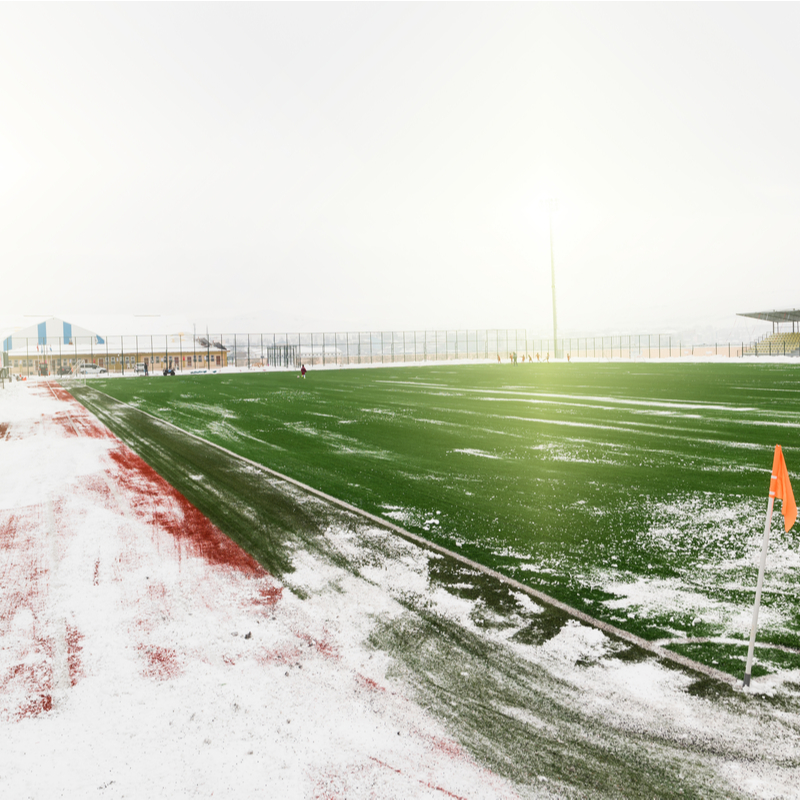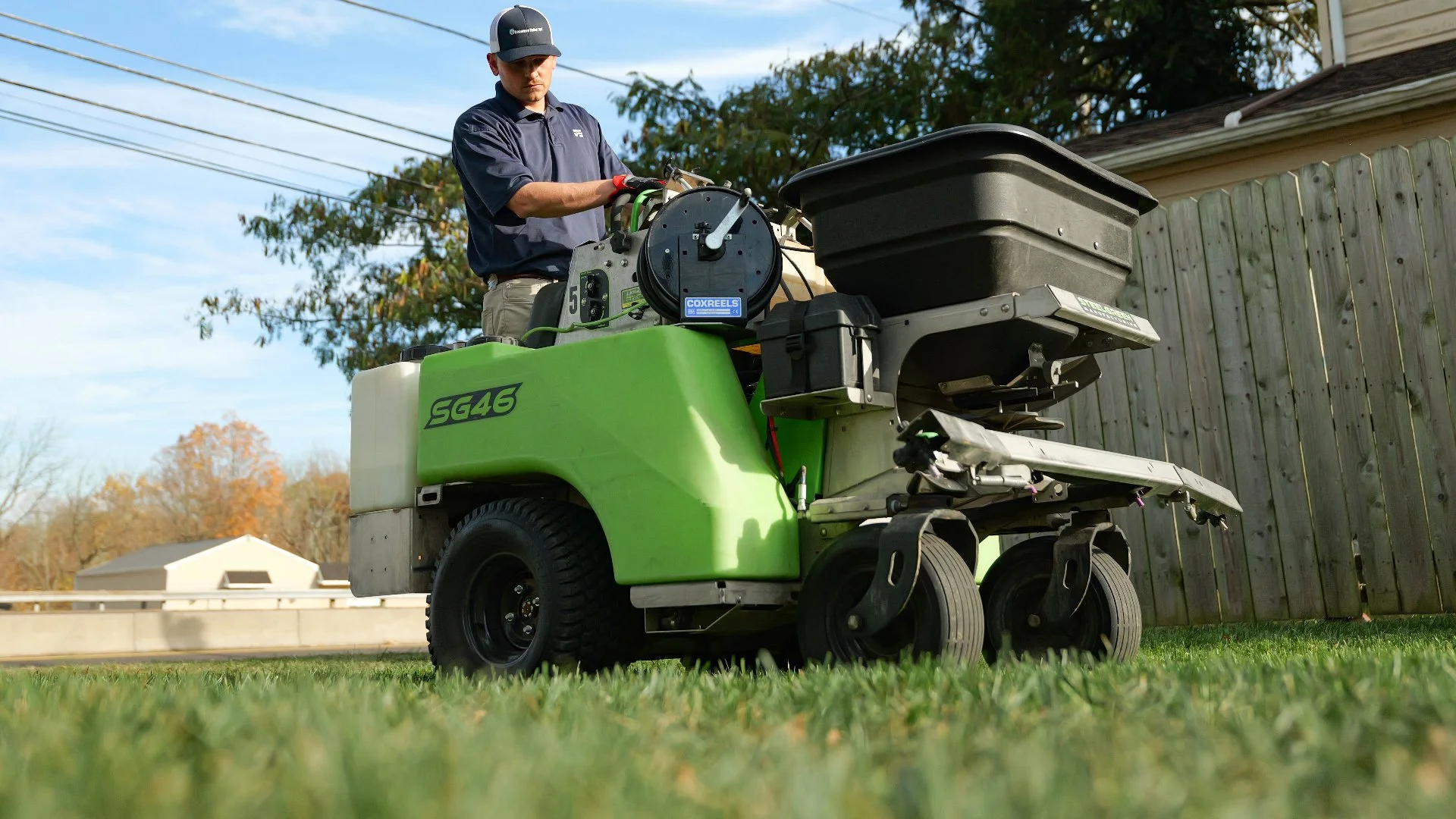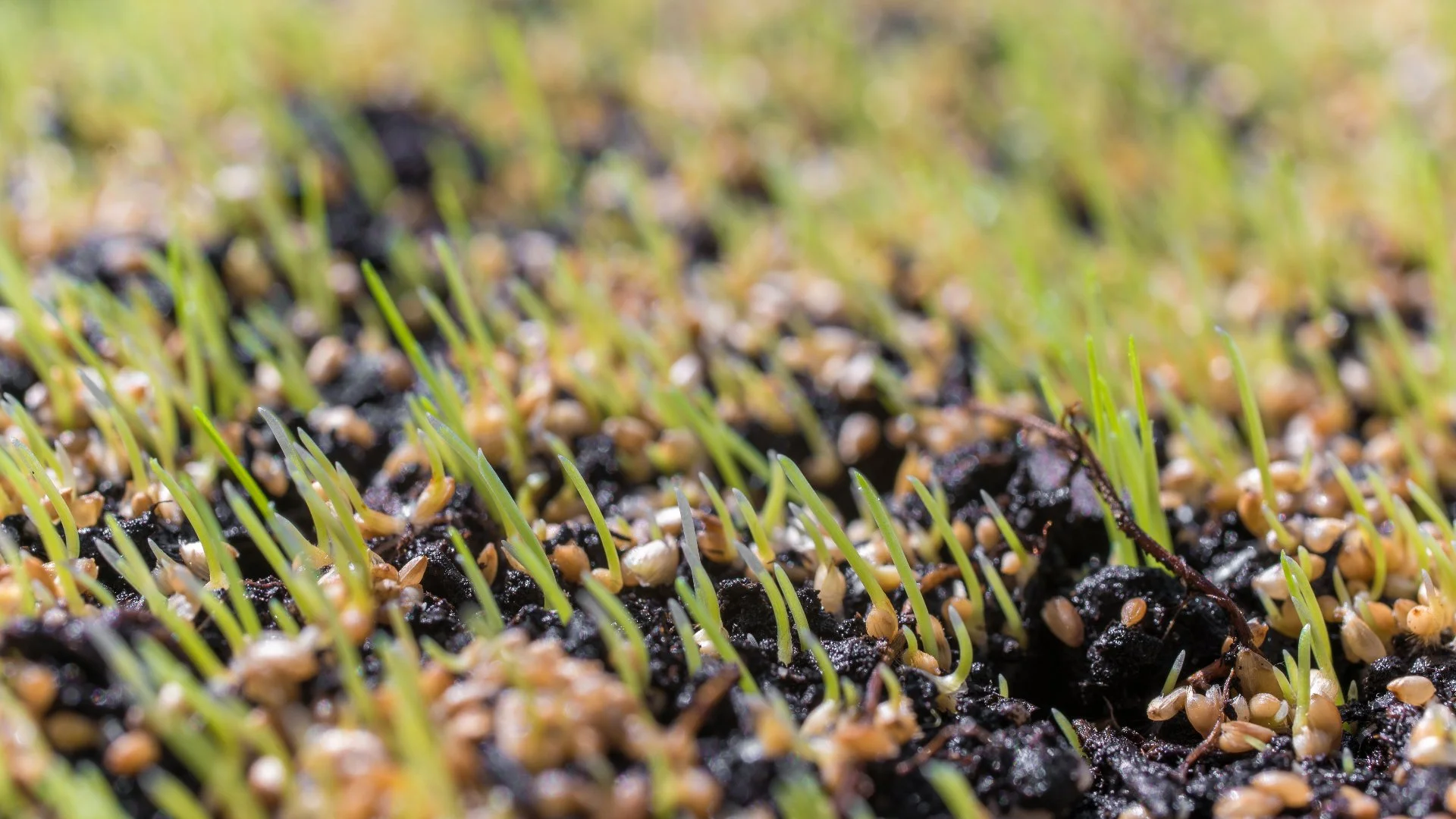Winter is only a few weeks away, which means most sports have stopped for the year. Before the frost and snow come, it’s essential to get your athletic field ready. From mowing properly to aeration, there are many things you can and should do before winter is in full swing.
What To Do So Your Athletic Field Survives The Cold Season
Avoid Over-using The Field
This is mainly for football since it’s one of the last sports to end for the year, but it can be true for any practice. Talk to coaches and players and see if they can practice on varying parts of the field. By doing this, you’ll avoid wearing down grass until it’s threadbare or fragile. Otherwise, this damaged turf won’t be able to recover until spring.
Test The Soilsoil testing monitor
Rather than throwing down fertilizer you think will help, get the soil tested professionally. This will tell you several things: A) what minerals your turf lacks, B) which minerals your turf has enough of C) if there are any contaminants you should know about. Otherwise, you’re just blindly throwing darts at a wall.
Perform Lawn Fertilization
Using the results of the soil test, have your athletic field fertilized. Late fall/early winter is a good time since the grass is going through one last effort to store nutrients for winter. There are fertilizers specifically for this time of year – winterizers. These fertilizers are high in nitrogen and potassium, which strengthen the root system and make your grass tough against stressors like wind and cold. At Delaware Valley Turf, our technicians will advise you on which type of fertilizer is best. Some are more concentrated than others, and some are meant to release slowly over a long time. We understand that every situation is different, and we tailor our care packages accordingly.
Mow One Last Time
Ensure that your field’s grass is not left too long over the winter, or you could have problems with pests and diseases like snow mold. You only need to cut the top 1/3 of the blade. Also, make sure your mowers’ blades are sharp! Dull blades will rip and tear the grass, as opposed to shearing it. Also, ask whoever is in charge of mowing the grass to change up their game plan. If they usually cut in one direction, request that they mow in the other direction. This will help prevent the grass from developing ruts and train it to grow straight up – not on an angle.
Keep Water Flowing
Don’t hang up the garden hose or turn off the irrigation system just yet. You should keep watering your field until the frost comes, and this will help it retain moisture and guard against dry winter temperatures. Grass only needs about 1.5 inches of rain a week – including any rainfall. Be sure to water “deeply,” meaning for half an hour to 45 minutes. Frequent or shallow watering can damage your lawn, and it’s not enough to penetrate down into the soil, which will lead to a very shallow root system that won’t be as strong against stressors, diseases, and pests.
It would help if you also took care to water first thing in the morning, preferably before 10:00. If you water after that, the sun and wind can evaporate too much moisture, leaving the soil dry. You should also avoid watering in the evening or overnight. Too much moisture is a breeding ground for mold, mildew, fungi, and pests. And once these things take hold, getting rid of them is a pain.
Break Up Compacted Soil
Fall and spring are the best times to have your field aerated. It’s a vital part of lawn care services. Athletic fields see a great deal more foot traffic than your average backyard. All that running, jumping, and diving compacts the soil, making it hard like concrete. Compacted soil is more likely to lose grass because the earth is too solid for the root system to weave its way through. Also, athletic shoes like football and soccer cleats have spikes on the bottom specifically designed to improve the player’s performance. Unfortunately, all those spikes rip up the grass. This contributes to thin and bare patches, and when the dead grass falls back on the field, it contributes to thatch build-up.
Thatch accumulates naturally in all lawns and is comprised of dead organic material like grass, petals, and twigs. Unfortunately, when thatch becomes too thick, it can smother the grass. Aeration will solve both the compaction and the thatch problem. And while you’re at it, consider having your field overseeded in conjunction with aeration. It’s an excellent and easy way to thicken up your existing field without having to start over from scratch. Of course, you can overseed anytime from spring to fall, but it’s ideal to have this done right after aeration because the soil is opened up. All those tiny holes created by the aeration treatment make great nooks and crannies for grass seed to tuck into until it’s ready to germinate.
Get Professional Athletic Field Maintenance Near Bryn Mawr, PA
Let the experts at Delaware Valley Turf handle all the hard work! Our athletic field maintenance program provides everything your turf needs from weed control to fertilization. Let us join your team and put our expertise into play! Call (610) 328-4170 or leave us a message online.
Don’t forget to check out our blog page for more helpful articles on caring for Pennsylvanian lawns.
You can also connect with us on social media!
Like us on Facebook
Follow us on Instagram






Comments (0)
Thanks for your comment!
Thanks for your feedback! Your comments have been successfully submitted! Please note, all comments require admin approval prior to display.
Error submitting comment!
There is a problem with your comment, please see below and try again.